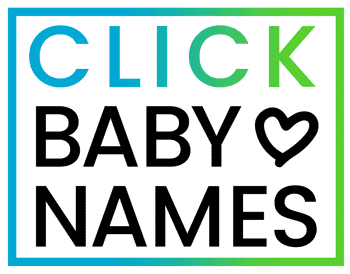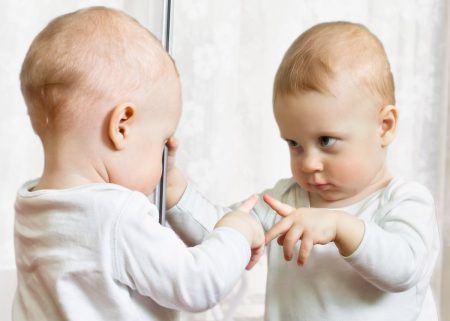Vivacious Vivian: A timeless name with enchanting origins
The name Vivian, teeming with energy and life, seamlessly bridges the gap between vintage charm and modern allure. Its roots are deep, spanning across cultures and time periods, and its significance has only grown over the years. Let’s embark on a journey to uncover the many layers of Vivian.
Pronunciation and intrinsic details
Vivian is pronounced as VIV-ee-an, consisting of three syllables. The emphasis is on the first syllable, VIV. While the name is typically pronounced correctly, some might occasionally say VIV-yan. It may also be spelled Vivien, Vivienne, or Vivianne, among other variations.
The tale of Vivian, from ancient times to Arthurian legends
Vivian traces its origins back to Latin, embodying the meaning “alive” or “lively.” As the name journeyed through time, it found a place in the Arthurian legends. In Malory’s “Mort d’Arthur,” Vivian is celebrated as the Lady of the Lake, an enchantress with a captivating aura.
Over recent decades, Vivian has seen a notable rise in popularity. According to the Social Security data, Vivian climbed from rank 152 in 1900 to its peak rank of 64 in 1920. After fluctuating for years, it made a significant comeback, ranking 20 in 2022. This consistent presence on the list underscores its timeless appeal.
Vivian in the world of celebrities
- Vivien Leigh: Iconic British actress revered for her portrayal of Scarlett O’Hara in “Gone with the Wind.”
- Vivienne Westwood: A trailblazing fashion designer who redefined British fashion.
- Vivian Vance: Celebrated for her role as Ethel Mertz in the TV classic “I Love Lucy.”
Vivian in entertainment and beyond
- Vivian Ward: The memorable character played by Julia Roberts in the film “Pretty Woman.”
- Vivianne Raudsepp: Model and influencer, adding a modern spin to the name.
Exploring the variants of Vivian
Nicknames that resonate with Vivian include Vivi, Viv and Vi. From Vivien and Vivienne to Vivianne, this given name has many avatars. Modern tweaks include replacing ‘i’ with ‘y’ or using ‘ee’ instead of ‘y’ or ‘ey’.
While the French often opt for “Vivienne,” the Latin counterpart is “Viviana.”
Is Vivian the best choice for your baby?
When you think of Vivian, consider its rich history, its contemporary resonance, and how it might fit within your family’s narrative. Its rhythmic flow with surnames, its pairing with middle names, and even potential sibling names are all facets to ponder.
If you’re keen on names that share a similar aura or sound with Vivian, consider options like Vivica, Vienna, or even Vivace.
As you continue your naming journey, remember that Vivian offers both historical depth and a fresh vibrancy. Whether you’re looking for a name that pairs well with a family tradition or seeking something that stands out, Vivian might just be the perfect blend of both worlds.
The history of the name Vivian (1920s)
The charming name of Vivian is almost the equivalent of the adjective “vivacious.” It means lively, having been derived from the Latin vita, signifying life, and was used by the Roman Christians to express their hopes of eternity.
The first feminine name formed from vita is Vivia, a name made famous by Vivia Perpetua, the noble young matron of Carthage, whose martyrdom is one of the most touching histories of the early church. Her many votaresses gave vogue to her name.
In later Roman days, Viviana came to be popular through a Christian maiden of that name who was put to death by a Roman governor on the charge that she had destroyed the sight of one of his eyes by magic. Much later, a church was erected over her remains.
Her fame and name lingered and appears prominently again in “Morte d’Arthur,” when Vivianna is the enchantress of King Arthur’s court.
Scotland took over the name of Vivian, applying it as both a masculine and feminine name. France adopted the masculine form as Vivien, and straightaway formed the now-popular feminine Vivienne.
England has always favored Vivian, and America received and popularized the name under that spelling. Viviana is the favored form in Spain and Italy, the latter country still employing the early Roman Vivia.
Vivian’s talismanic gem is the life-giving ruby. Its inextinguishable flame promises her dauntless courage, bodily health and strength, and dispels evil spirits. To dream of it signifies unexpected guests.
Friday is her lucky day and three her lucky number. The lily, signifying purity, is her flower.







